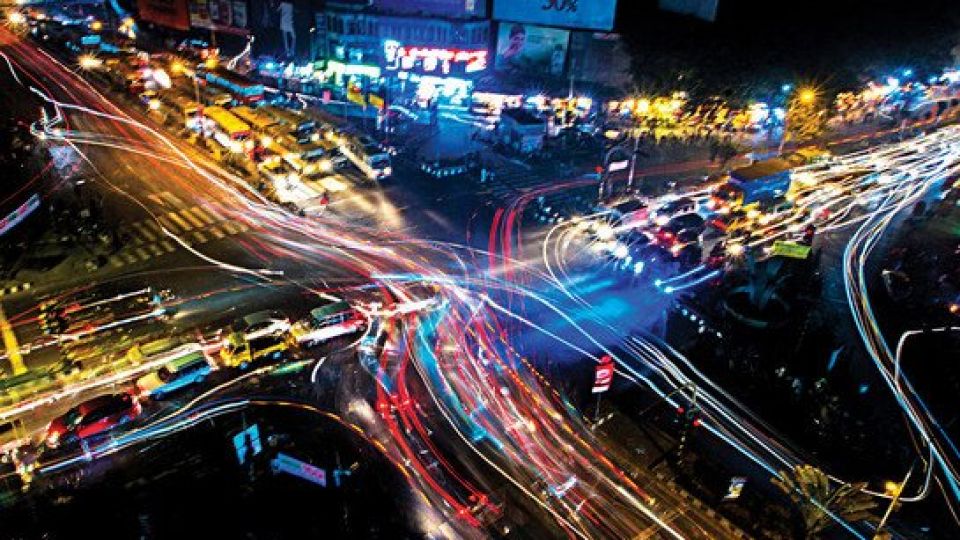November 22, 2023
DHAKA – Dhaka was ranked the second least resilient city among 25 cities worldwide by Economist Impact.
Economist Impact, a concern of The Economist Group, published the Resilient Cities Index recently.
It defines urban resilience as a city’s ability to avoid, withstand, and recover from shocks, such as natural disasters; and from long-term stresses such as poverty, decrepit infrastructure, or migration.
Dhaka was ranked in four categories — Critical infrastructure, Environment, Socio-Institutional, and Economic.
Dhaka came in 24th with a score of 43. Only Lagos ranks behind Dhaka with a score of 39.6.
The overall scoring was done out of 100 where 0 is the least and 100 is the most resilient.
“The populous emerging economy cities of Lagos, Dhaka, and Jakarta face the most significant challenges as they seek to deliver critical infrastructure for huge metropolitan populations across sprawling geographies. In some cases, efforts are further complicated by poor governance. Cities with high levels of corruption scored poorly on most aspects of critical infrastructure,” adds the report.
Cities must also future-proof their transport infrastructure to qualify as resilient—for example, through rapid electrification, the report reads adding that Dhaka is the only city in the index that does not have a plan to promote transport electrification.
New York is the most resilient city with a score of 84.9 followed by Los Angeles, London, and Singapore with scores of 84.4, 83.2, and 82 respectively, according to the index.
The only other South Asian city in the list is New Delhi which scored 53.3 and ranked 21st.
The report says that a resilient city should be able to self-organise following a shock event, adapt to unfolding risks, and plan ahead rather than react.
“With the reality of climate change, resilience is not just about the ability to withstand or absorb disturbances but [is also about] being sustainable. It must not add to any future potential problems while serving its basic functions,” said Lavan Thiru, executive director at Infrastructure Asia.
The index draws on work by institutions, scientists, and researchers. Specifically, the project has benefited from counsel provided by a panel of experts who are prominent authorities on urban resilience, said the report.
The Resilient Cities Index was developed by Economist Impact and supported by Tokio Marine Group. To help policymakers and stakeholders understand risk and design effective policies for urban resilience, Economist Impact developed the benchmark of 25 cities.


